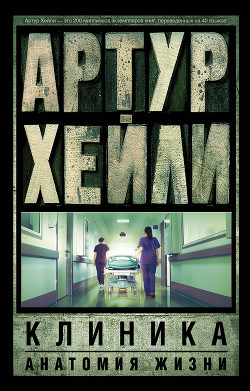This volume considers the shock response spectrum, its various definitions, properties and the assumptions involved in its calculation. In developing the practical application of these concepts, the forms of shock most often used with test facilities are presented together with their characteristics and indications of how to establish test configurations comparable with those in the real, measured environment. This is followed by a demonstration of how to meet these specifications using standard laboratory equipment shock machines, electrodynamic exciters driven by a time signal or a response spectrum with a discussion on the limitations, advantages and disadvantages of each method.




 9.63 (56)
9.63 (56) 

















